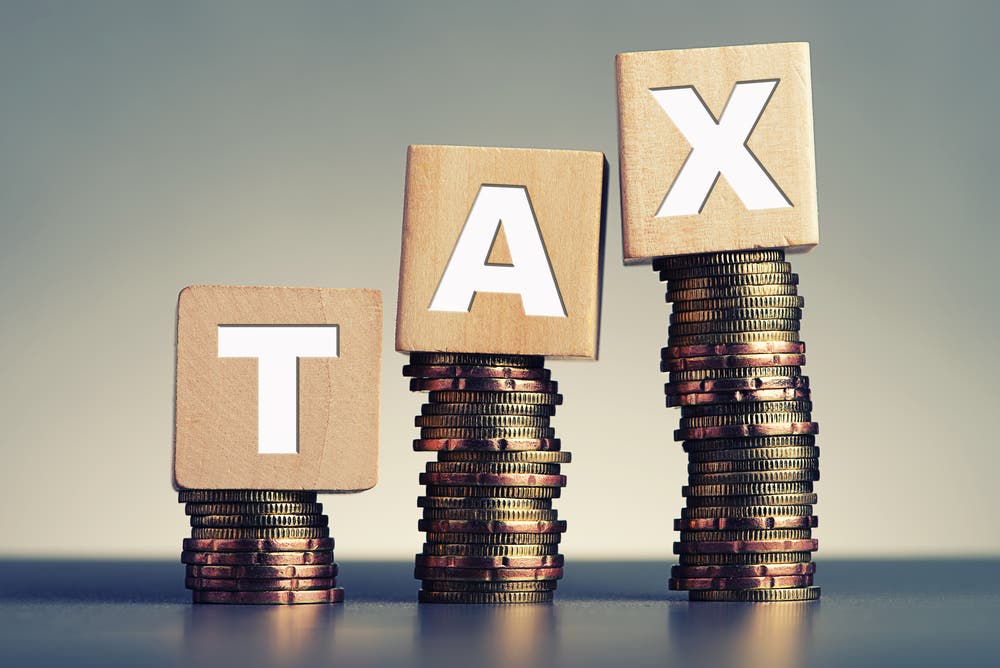Household Bills
Freezing income tax thresholds will cost average earner £2,000

The government’s reportedly considering plans to keep income thresholds frozen for further years, which will mean thousands of workers will be worse off in real terms, calculations reveal.
In the Budget of March 2021, the then Chancellor Rishi Sunak confirmed a freeze to the income tax thresholds up to and including the 2025/26 tax year.
But Sunak, who is now Prime Minister, is reportedly considering extending this freeze until 2027/28 in a bid to plug the government’s funding black hole.
If wage growth is on average 5% per year for the next five years, but income tax thresholds remain frozen, then someone earning £35,000 today will be £695 worse off in the 2028/29 tax year and £2,016 poorer over the total five-year freeze period.
The analysis by wealth management firm Quilter also found that if you earn £50,000 you will be £3,403 worse off in the 2028/29 tax year and in total be £9,765 poorer over the five-year period.
Over the past 20 years average annual wage growth has been closer to 3% per year. However, with inflation now in the double digits it is likely to be higher over the next few years.
Even with wage growth of just 3% a year for the next five years, someone earning £35,000 today would still be £400 worse off in the 2028/29 tax year and £1,178 poorer over the five-year period if income tax thresholds remain frozen.
‘Form of stealth tax’
Shaun Moore, tax and financial planning expert at Quilter, said: “These calculations illustrate the power of fiscal drag and how freezing income tax thresholds is a form of stealth tax. Ultimately, if thresholds remain frozen for a number of years, then you will end up paying considerably more tax. Thresholds at present are meant to remain frozen until 2026 but with the cost-of-living crisis weighing heavy on government spending, this could be extended.
“Sunak has made it clear that he will not follow the low tax policies of his very short-lived predecessor, Truss. It is therefore likely that Sunak and Hunt in their Autumn Statement in November will seek to tighten the government’s belt so it is unlikely we will see these frozen thresholds thaw anytime soon.”
Tax rises and spending cuts on the way?
Meanwhile a report by the Resolution Foundation suggested Sunak could opt for tax rises, not just spending cuts, to fill the £40bn fiscal hole facing his government.
The think tank said the Prime Minister will be handed “a grim economic forecast” by the Office for Budget Responsibility (OBR), which is likely to include a recession next year as GDP forecasts are slashed by up to 4% by the end of 2024.
The Resolution Foundation predicted that the Autumn Statement on 17 November could contain tax rises. It said one option is that Sunak and Hunt “go full circle” on mini-budget U-turns by reinstating Sunak’s Health & Social Care Levy, which would raise about £15bn by 2026/27.
It said other options include raising £2bn by extending the stealth freezes in income tax thresholds by a further year to 2026/27.